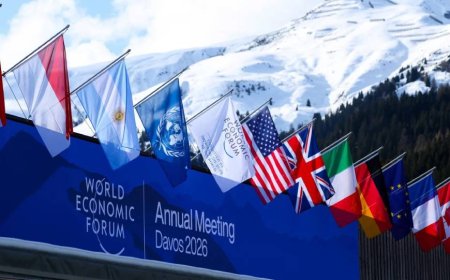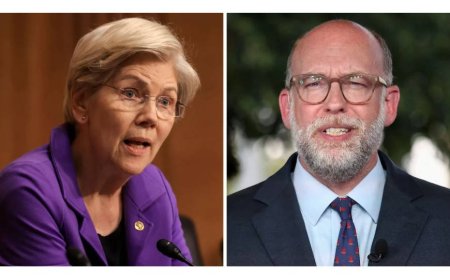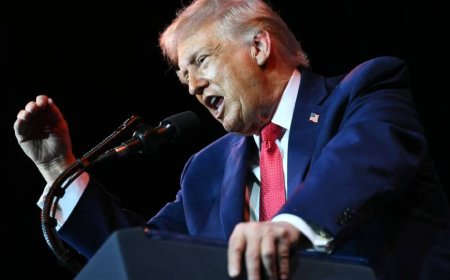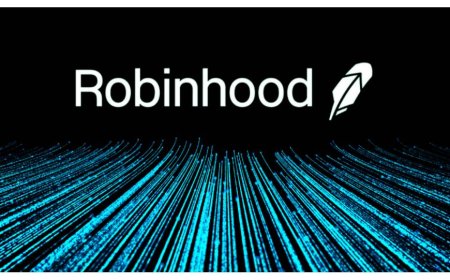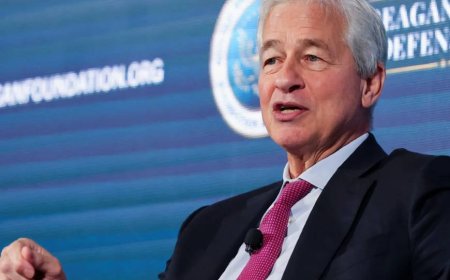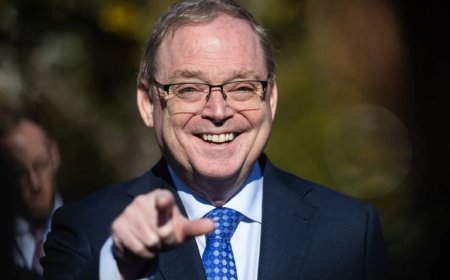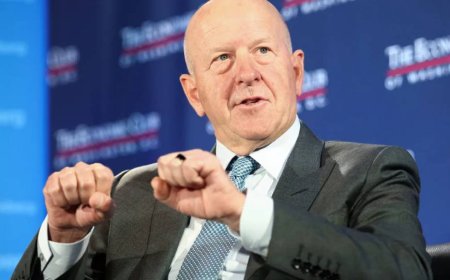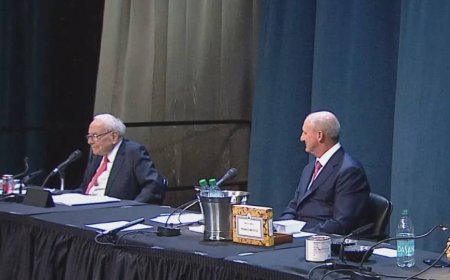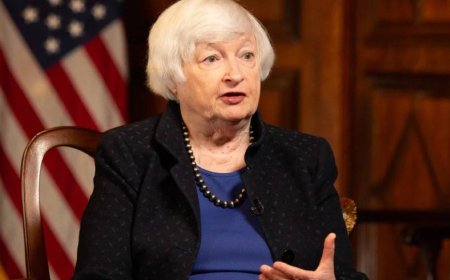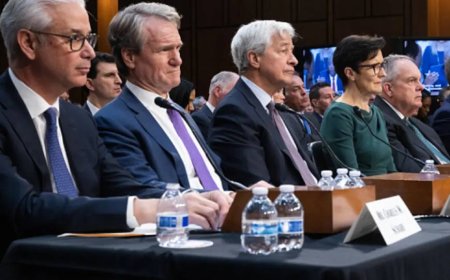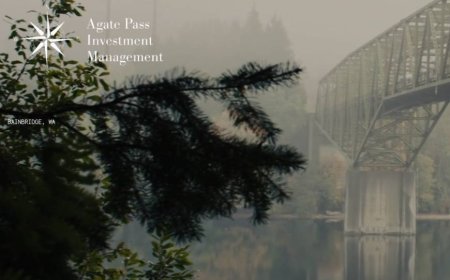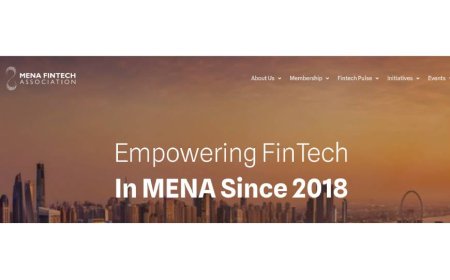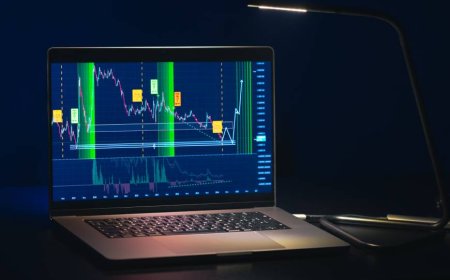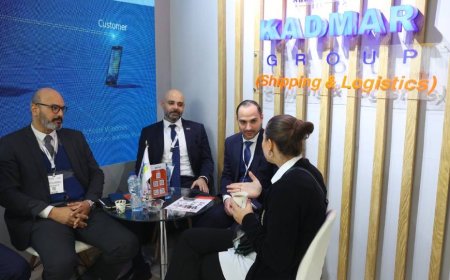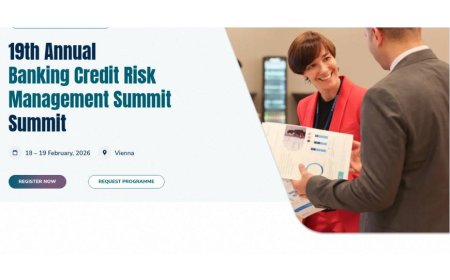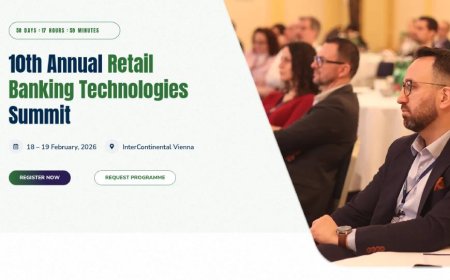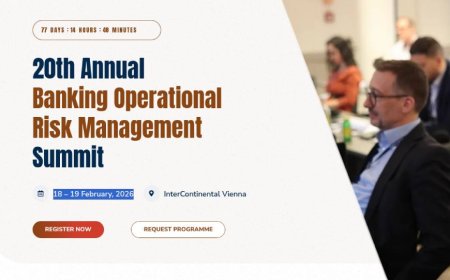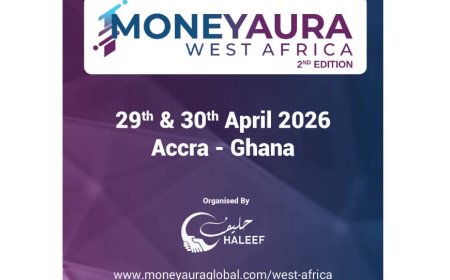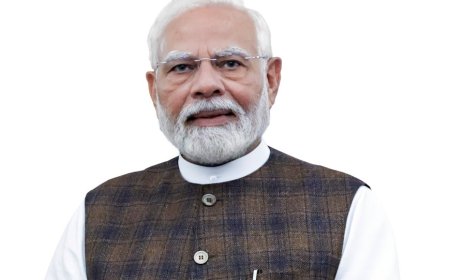BEBA organizes a panel discussion on logistics future in Egypt, SCZone projects
Cairo September 28, 2025: The British Egyptian Business Association (BEBA) has organised a panel discussion entitled: ‘The New Era of Logistics in Egypt: Spotlight on SC Zone Projects in Ports’, Logistics and Industry at Conrad Cairo Hotel.
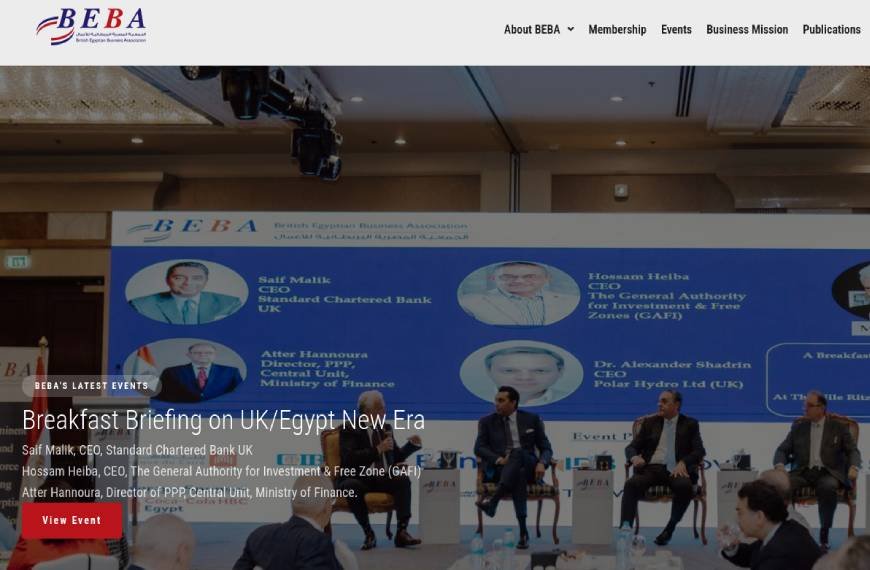
Cairo September 28, 2025: The British Egyptian Business Association (BEBA) has organised a panel discussion entitled: ‘The New Era of Logistics in Egypt: Spotlight on SC Zone Projects in Ports’, Logistics and Industry at Conrad Cairo Hotel.
H.E. Dr. Waleid Gamal El Din, Executive Chairman of the Suez Canal Economic Zone, delivered the keynote address. He was joined in the discussion by Keld Mosgaard Christensen, CEO of Suez Canal Container Terminal (SCCT); Mohammed Shihab, North Africa Cluster CEO of DP World Egypt; Amr El-Batrik, CEO and Board Member of Orascom Industrial Parks; and Medhat El-Kady, CEO of Kadmar Shipping Egypt.Their collective insights contributed significantly to a robust.
Dr. Waleid Gamal El Din, Executive Chairman of the Suez Canal Economic Zone, highlighted the significant progress in Egypt's logistics and ports, particularly at East Said port, which was ranked third globally by the World Bank in 2024 and first in Africa. This reflects the successful infrastructure efforts by the Egyptian government. He noted that to boost throughput in industrial areas, it's essential to increase market share.
He added in the past 38 months, the Suez Canal Economic Zone has contracted 34 projects worth $10.4 billion, primarily in Sukhna, Kantara, Ismailia, and East Port Said. Recently, a new factory area was inaugurated in Kantara, focusing on textiles and food processing, which will significantly enhance exports through Mediterranean ports. With 40 companies exporting an average of $100 million each, this could add $4 billion to Egypt’s current $40 billion exports.
Additionally, the zone aims to improve throughput by expanding services, such as bunkering, which has increased from zero to one million tons per year. While efforts are ongoing to attract more value-added logistics, challenges remain, as these benefits may not be as substantial as manufacturing.
The SCzone has made significant progress in the past eight months, opening 50 to 60 factories and attracting over 334 projects, including 11 ports. This represents a substantial increase from previous years, with 70% of the new industries being ones that Egypt did not have before, such as localized wind solar panels and APIs for medicine. Investment in the zone has grown significantly, reaching over $6.3 billion in the last 14 months due to increased trust from the international community. While infrastructure investments are ongoing, there is a need for more capacity. Overall, the zone is expected to enhance exports and meet its potential, contributing positively to Egypt's economy.
On his part, Keld Mosgaard Christensen, CEO of Suez Canal Container Terminal SCCT, said, ‘We are now ranked number three in the world, thanks to the efforts of our team and the supportive ecosystem surrounding us. Our success depends heavily on Tox, the Suez Canal, and the SC zone. A well-functioning port can enhance not only its own capacity but also the surrounding infrastructure.’
He added that the Egyptian government has made significant investments in port capacity, currently around 10 million TEU, while the market demand is about 2.5 to 3 million TEU. There's a clear vision, but we need to bridge the gap through collaboration among ports and other ecosystem players to attract investors who can produce goods efficiently.
Christensen noted, ‘We're working closely with stakeholders and customs to optimize the flow of goods and enhance transparency for importers. Benchmarks from a World Bank report highlight our operational efficiencies, and having an Egyptian port ranked third among hundreds is an achievement. The focus remains on improving wait times for container customs to attract more businesses to our economic zones, fostering specialization and inter-industry collaboration for future growth.’
Mohammed Shihab, Executive Vice President of the North Africa Cluster and Chief Executive Officer of DP World Egypt, emphasized the importance of being integrated within the broader economic ecosystem to ensure the effective delivery of services.
He highlighted those ports serve as critical points in both the upstream and downstream sectors of the economic zone. The process of imports commences at the ports and is supported by substantial activities within industrial zones, ultimately facilitating exports.
The geographical advantages of the Suez Canal Economic Zone are significant, particularly given the robust presence of investments from Eastern countries, notably India and China. DP World plays a pivotal role in Egypt's import sector, responsible for approximately 70% of the country’s imports. Furthermore, the ecosystem seamlessly incorporates Mediterranean ports to enhance our export markets, thereby creating an effective link across all infrastructure, from ports to industrial areas.
On the other hand, Amr El-Batrik, CEO & Board Member, Orascom Industrial Parks. emphasized that Orascom Industrial Parks has been actively engaged with the SCZONE industrial parks for the past 25 years, playing a crucial role in facilitating foreign direct investments.
Recent investments have predominantly stemmed from major importers of raw materials and exporters of finished products, who are reaping the benefits of the seamless integration between ports and industrial zones, alongside the comprehensive services offered through the one-stop shop model within the SCZONE.
Currently, the organization serves approximately 120 clients, with around 50 operational facilities and several others under construction, thereby enhancing export capabilities and logistics within the ecosystem to support future growth.
Medhat el-Kady, CEO of Kadmar Shipping Egypt, provided an overview of Kadmar Group's initiatives in the Suez Canal Economic Zone (SCZONE). The company sought logistics opportunities, initially securing sites in Abu Rawash and Alexandria but ultimately choosing Sokhna for its project. They launched with a 12,000-square-meter warehouse, investing approximately EGP 100 million.
Rapidly established within three weeks, Kadmar began operations shortly thereafter. As demand grew, they expanded to a logistics park of 50,000 square meters, representing one of Egypt's most extensive facilities, with investments totaling around EGP 1.2 billion.
Despite concerns about the Red Sea shipping situation, demand remained strong, with key clients including manufacturers, food importers, and the United Nations. The facility currently accommodates 112,000 pallets and 200,000 containers, with plans for an administrative building and showroom to further support local manufacturing.

